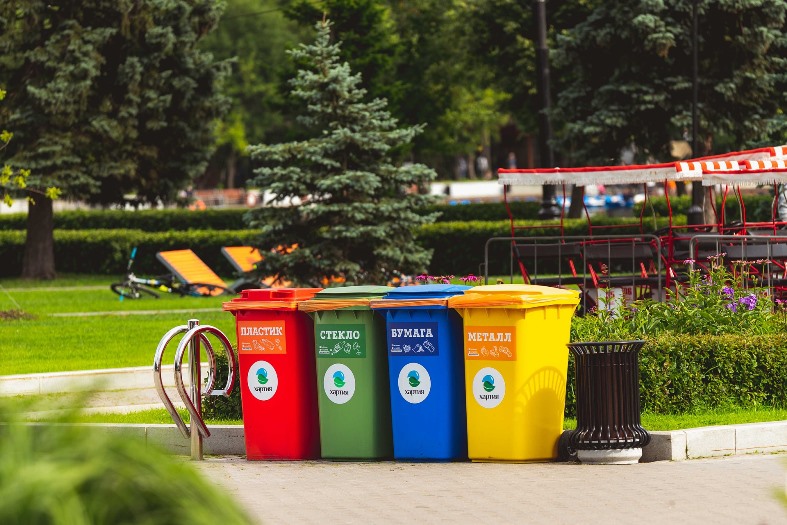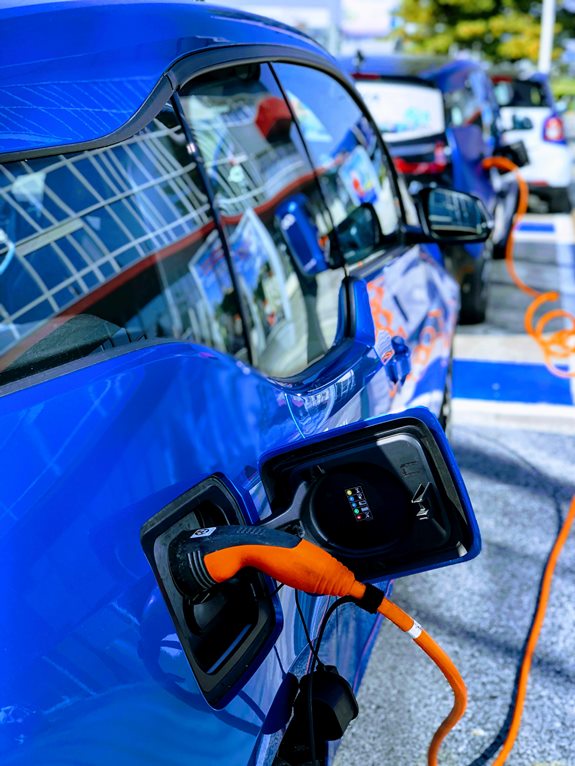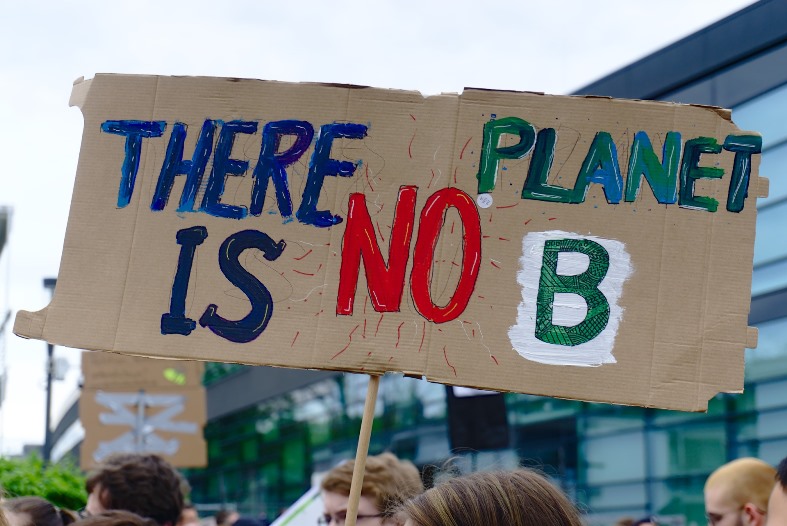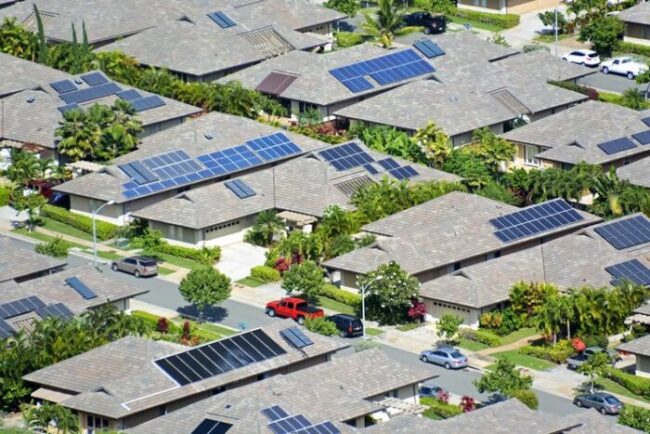Do Individual Actions Matter at All?
Some say they don’t.
They say it’s the governments of the world who need to tackle our problems.
Critics of individual actions worry that most people will stop at their own actions, while much larger forces are at play with our problems.
And many have always said that our actions do count. That each one of us can help turn our environmental problems around. That what we each do leads to more collective action. And “research on social behavior suggests lifestyle changes can build momentum for systemic change”(Wikipedia.org).
I say it’s all extremely important. Our actions individually drive fundamental change. And insisting the governments of the world tackle the problems through economic incentives and legislative action must also be applied to change the course of our planet.
Let’s look at some of the effects of individual actions.
Put your dollars where you want to see change
What we buy creates the market for what is made. When we stop buying certain things manufacturers or service providers notice and adapt to what is selling.

This helps create a structural change in the economy. Structural change is a shift in the ways a market or economy operates (Wikipedia.org). We need to see the shift toward a more environmentally-friendly economy. And it’s already been changing because of demand.
The demand for solar energy has been increasing at 25% per year and is now generating 127 Giga Watts of power in use. This happened because people see that it just makes sense and that the payoff from initial investment makes it very cheap energy.
Electric vehicle demand is growing at over 20% per year.
Organically grown foods are now available almost everywhere due to the demand for them. The sector grew 12.4% in 2020 and has grown in double digits for the better part of the last decade. The organic farming industry grew 56% between 2011 and 2016.
So when you practice buying habits that create the demand for more environmentally friendly products, you’ll move the economy in that direction.
By changing demand we can change supply. What you buy will add some momentum to structural change.
Change social norms by example
What you do affects those around you. Your actions rub off on them. You can affect their awareness and their knowledge of alternatives.

One simple example is water bottles. Many people have no problem buying bottled water, packing it to go, drinking it, then tossing the bottle into the trash. Or better, tossing it into the municipal recycling bin if there’s one available.
But you may have packed a water bottle—reusable, not disposable. This is where you’re setting an example of a more environmentally friendly choice. And you have the opportunity to discuss your choice with others.
Your choice gets noticed and begins to change what others think about how they approach their lifestyle choices. They may have read and heard about single use plastic waste and your actions can help them decide to change. They may have children and want to do what’s right for them.

On a larger scale, a small isolated village in Japan has adopted a zero-waste policy to alleviate their problems with refuse disposal. And while they’re struggling to make it work they’re laying encouraging groundwork. People visit this village to learn how they do it. This groundwork helps change our ways.
When you practice good earth-friendly habits like driving a fuel efficient car or an electric vehicle, recycle with the latest knowledge of how it works, cook meals with organically grown food, or put solar panels on your roof, you inform others how to live well while reducing your environmental footprint.
Make your own moral choice, it affects others
Do what is right for you and communicate that with all whom you talk. That helps create new norms. Put your money and actions where you feel they are best for your family and the planet.
Do you know the quote that’s supposedly from Gandhi: Be the change you want to see in the world? Well, that’s not his quote, but an adaptation of a fuller statement. Here’s Gandhi’s:
“We but mirror the world. All the tendencies present in the outer world are to be found in the world of our body. If we could change ourselves, the tendencies in the world would also change. As a man changes his own nature, so does the attitude of the world change towards him. This is the divine mystery supreme. A wonderful thing it is and the source of our happiness. We need not wait to see what others do”
~Mahatma Gandhi
Are individual actions enough?
Definitely not! There are big players out there that do things that far outweigh all our best efforts.
As I was researching and thinking about this post I came across an article in The Guardian that hit me. Yes, I know the fossil fuel players are controlling the energy economy. But there are there are political and downright obscenely rich people who control so much of the economy and information with no accountability to the environment. Read about them and their dirty deeds here.
So certainly policy changes must be made by governments. And I hope the UN’s Climate Change Conference (COP26) is very productive this time (even without China and Russia).
There are things you can do to take action on the bigger front.
Vote for the right people
Vote for the people with a climate agenda and an environmental agenda; the ones who’ll support good policies.
If we were to stop using fossil fuels, or drastically reduce using them, and put solar panels on our roofs, and bought electronic vehicles, and only bought foods with a low carbon footprint, there would be much less need for fossil fuels. That would be a big change for the fossil fuel industry.
But we can’t get there alone or soon enough. Infrastructural help is needed. Like subsidies and tax credits. Like fossil fuels gets.
Solar credits have facilitated the expansion of home solar retrofitting. The current federal solar tax credit is worth 26% of the value of the system installed and can be claimed on federal tax returns.
And the top auto industry lobby wants more support for the adoption of electric vehicles through incentives and infrastructure investment. It says that the industry is “on the cusp of a transformational moment” for electric vehicles.
Meanwhile “subsidies to the fossil fuel industry totaled $20 billion per year, with 80% going toward oil and gas. In addition, from 2019 to 2023, tax subsidies are expected to reduce federal revenue by around $11.5 billion.”
Do you need a refresher on how fossil fuels are at the root of the climate change problem? Read my post on it here.
“The only way to move forward, if we are going to improve the quality of the environment, is to get everybody involved.”
Richard Rogers
Make your voice heard
Join the marches and protests. Take action by speaking to your representatives to let them know that you want climate change and other environmental issues to be aggressively addressed.

Clean, green, and cheap energy sources are very viable alternatives to fossil fuels and they’re essential to support life on our planet in a healthy way. They need the subsidies and tax credits the fossil fuel industry has been getting.
Stay informed
Google questions you have to find good news sources to help you stay abreast of issues.
The Carbon Almanac is an excellent, thorough source about climate change, Its causes, effects, and solutions. You can get the Carbon Almanac here. *
By doing what you think is right you are fueling the economic structural changes that develop a more environmentally sane economy. With our push, and governments finally get behind saving our planet, the groundwork is already laid. And we’ll begin to see more assurance that our planet will be healthy and safe for all living things for many years to come.
I firmly believe that our individual actions contribute a lot. They bring about the fundamental changes we want to see.
Related Reading:
Just What is Carbon Dioxide and How Does it Cause Climate Change?
Electrify: An Optimist’s Playbook for Our Clean Energy Future
The Guardian: The dirty dozen: meet America’s top climate villains
*I earn a small commission when readers purchase the products I recommend through my links at no extra cost to you. I only recommend products and services I have experience with and feel my readers will benefit from. This enables me to spend the time needed to give you good information… to help save this beautiful planet!

